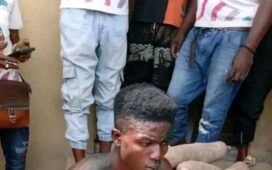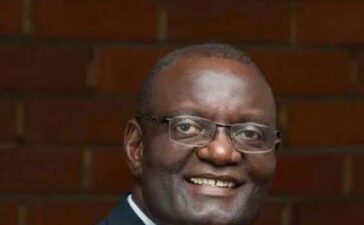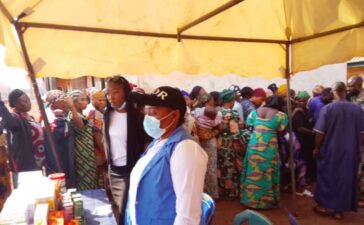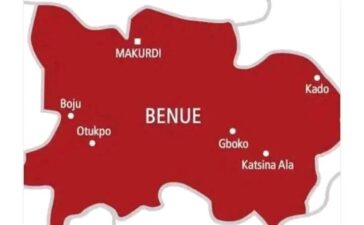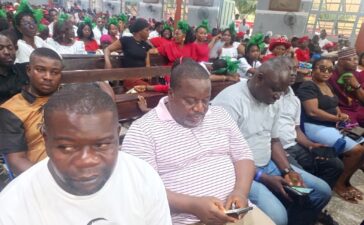Join our WhatsApp channel HERE for the latest Benue news and updates!
A wave of unease is sweeping through communities in Benue State as reports emerge of increased Fulani herdsmen activities, just hours after controversial remarks attributed to the U.S. President regarding farmer-herder conflicts in Nigeria’s Middle Belt. Local residents and social media users are linking the sudden movements of cattle and armed herders to a potential escalation, with many expressing alarm over what they perceive as a coordinated response to international attention.
The development comes amid a long-standing crisis in Benue, a state that has been at the epicenter of Nigeria’s farmer-herder clashes for nearly a decade. The state’s 2017 Open Grazing Prohibition and Ranches Establishment Law, popularly known as the anti-open grazing law, has been a flashpoint, with herders accusing the government of discrimination and farmers decrying relentless destruction of farmlands and loss of lives.
A video circulating on social media, posted by the Facebook page *BENUE info-pedia* at approximately 10:51 AM today, shows a large herd of cattle being driven along a rural path in an undisclosed location within the state. The footage, shot from a moving vehicle, captures dozens of cows moving in a single file, accompanied by several young men—some on foot, others on motorcycles—herding the animals with sticks. Though no weapons are visibly displayed in the clip, the sheer size of the herd and the timing of the movement have fueled speculation and panic.
The post’s caption reads: “TENSION IN BENUE AS FULANI HERDSMEN MOVEMENTS SPARK REACTIONS AFTER U.S. PRESIDENT’S REMARKS.” While the exact content of the U.S. President’s statement remains unverified in the post, it has been widely shared across WhatsApp groups and other platforms, with users claiming the remarks criticized Nigeria’s handling of the crisis or warned of consequences for continued violence.
Local sources in Makurdi report heightened security presence along major routes, with farmers in Guma, Logo, and Agatu local government areas—hotspots of previous attacks—abandoning their fields out of fear. “We saw them early this morning, hundreds of cows, moving toward the riverine areas,” said a farmer who spoke on condition of anonymity. “After what the American President said, we don’t know if this is retaliation or just coincidence. But we are scared.”
The Benue State Government has yet to issue an official statement, but security operatives have been reportedly deployed to monitor the situation. The state’s police command confirmed receiving intelligence about “unusual herder movements” but urged calm, stating that patrols have been intensified.
This latest incident underscores the fragility of peace in a region where over 2,000 lives have been lost to farmer-herder violence since 2018, according to data from the International Crisis Group. The involvement of international commentary—real or perceived—adds a new layer of complexity, with some analysts warning that external statements, if misinterpreted, could embolden armed groups or deepen mistrust.
As the sun sets over Benue’s green fields tonight, residents remain on edge, watching the roads, listening for the sound of hooves, and hoping that today’s movements were just that—movements, and not the prelude to another dark chapter in a conflict that refuses to end.




